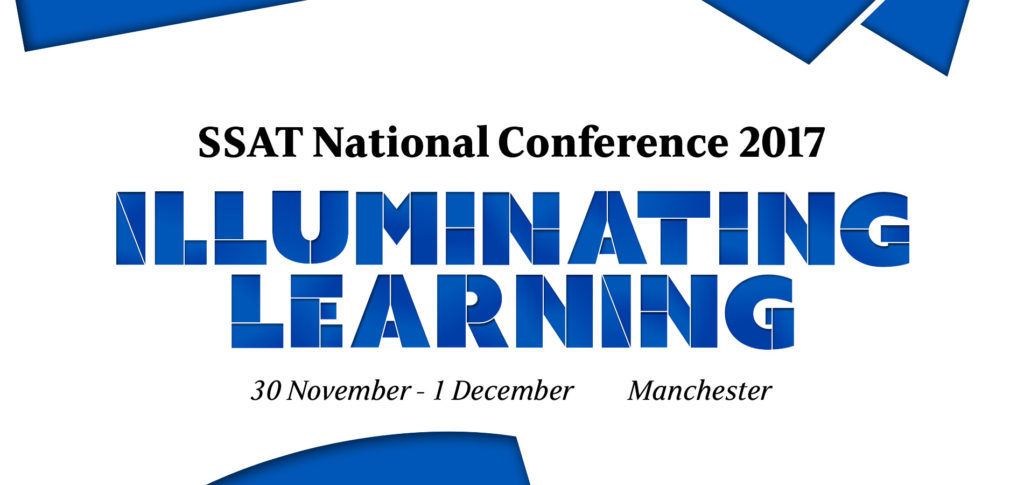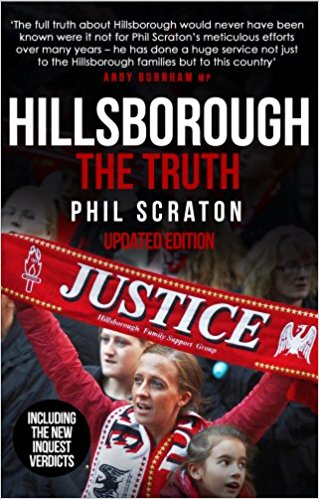
 The man whose book spelt out the full story of the disaster, its causes and how to avoid a repetition, has much to say to school leaders, writes Sue Williamson
The man whose book spelt out the full story of the disaster, its causes and how to avoid a repetition, has much to say to school leaders, writes Sue Williamson
It was my colleague, Tom Middlehurst, who suggested that we should invite Phil Scraton to speak at our National Conference on Illuminating Learning. I confess that I was not certain – I knew he would be an interesting speaker, but how relevant would his input be to school leaders? After all, everyone knows the story of Hillsborough and the families’ fight for justice. They showed resilience, determination and great courage in their fight to get to the truth – all great attributes for school leaders, but how could Phil’s work illuminate learning?
So I bought Phil’s book, Hillsborough the Truth, which is described as the definitive account of the disaster in which 96 men, women and children were killed. It is a harrowing read, but one I would recommend. I have always been a football fan and was listening to the radio commentary on the match between Liverpool and Nottingham Forest when the tragedy started. Almost the commentator’s first words were that it was fan trouble at the Liverpool end. When I started to watch Grandstand, the theme was the same – it was all about football hooligans. As Scraton points out, from the beginning the cause of the tragedy was pre-judged because it matched the context of that time. A context that had at its heart the notion that football fans, particularly those from Liverpool, liked to get fuelled up on drink and then misbehave.
 Little time was given to evaluating the true context of watching football in the 1980s – the poor state of some stadia, the lack of pre-match entertainment to encourage supporters into the ground earlier, the over-policing of supporters, the fences that stopped free movement. For the authorities, containment was more important than the spectators’ safety. Scraton points out that the disaster was foreseeable, but no one was looking.
Little time was given to evaluating the true context of watching football in the 1980s – the poor state of some stadia, the lack of pre-match entertainment to encourage supporters into the ground earlier, the over-policing of supporters, the fences that stopped free movement. For the authorities, containment was more important than the spectators’ safety. Scraton points out that the disaster was foreseeable, but no one was looking.
So when the disaster occurs and the authorities blame the fans, it is perhaps not surprising that most of the population probably believe this to be the case. Many decisions are made based on this false premise and there is no attempt to look impartially at the evidence.
Finally, it was the Hillsborough Independent Panel, set up in 2009, that researched the evidence and produced the report that provided justice for the 96. The membership of the panel was critical, as it had to provide the professional expertise needed to negotiate disclosure of documents, research their content and create a public archive.
And it was Scraton who drew up a detailed timeline of the disaster from the near tragedy of the 1981 Hillsborough semi-final through to 2000 private prosecutions of David Duckenfield and Bernard Murray. Scraton used an eight-phase framework for analysing disasters that he had developed in previous research: historical context; immediate context; circumstances; the ‘moment’; rescue and evacuation; immediate aftermath; short-term aftermath; long-term aftermath. His meticulous work has given the nation a blueprint for all public enquiries.
Scraton’s eight-phase framework for analysing disasters could help schools to avoid them too
The book explains the painstaking work and I’m sure Phil Scraton will refer to this in his keynote speech at the National Conference.
What lessons can we take from his work and apply to education?
For me, understanding context is the most important point. As a profession, we need to be better at communicating the strengths and weaknesses of our system. In 2010, Michael Gove was allowed to paint a picture of a failing system with a teaching workforce reluctant to improve. Education was spoilt by bureaucratic organisations, and Gove went about smashing the system and marching towards an academised system of schooling. As he has demonstrated so significantly since, reality was not allowed to get in the way. School leaders were unable to present a more realistic picture of the school system. All attempts to present an alternative view were dismissed as contributions from ‘the blob’.
Context is also important for an individual school. It is critical that a school leader understands the context of a school before instigating change. This applies to a second or subsequent headship, as well as to a new headteacher. The first job of a school leader must be to understand the local context, its strengths and weaknesses within the framework of a local community. That way, change may be implemented more successfully.
Understanding context is also critical in establishing a MAT, particularly one that has schools in different localities. Schools are not the same and what works well in one school does not necessarily work in others.
I expect Phil Scraton will also refer to the importance of research, examining evidence, and drawing conclusions thoroughly, rigorously and with authority. As a profession, we are engaging more in and with research, which is a great thing. However, we do need to get better at challenging the conclusions when the data does not support them, and agreeing what works and what doesn’t in particular contexts.
By the time of the conference, we might know some more about the criminal charges against six individuals, but are unlikely to know the outcomes of their trials. Once the trials are completed, I hope the families of the 96 will have closure. As Andy Burnham says: ’The full truth about Hillsborough would never have been known were it not for Phil Scraton’s meticulous efforts over many years – he has done a huge service not just to the Hillsborough families but to his country.’ I have no doubt that we will learn a lot from Phil Scraton’s presentation.
Phil Scraton is speaking on the main stage at the SSAT National Conference on Thursday afternoon. Read more in the NC17 blog series:
- The Chartered College of Teaching: on the cusp of change for the profession
- How a frustrated teacher became an expert in educational psychology
- Courageous leadership and the school curriculum
- How breadmaking can illuminate learning
Book your place at SSAT National Conference 2017: Illumination learning

